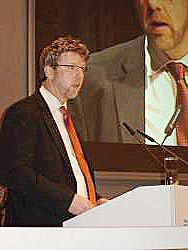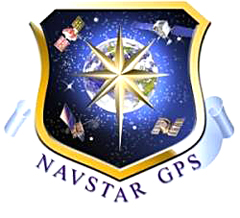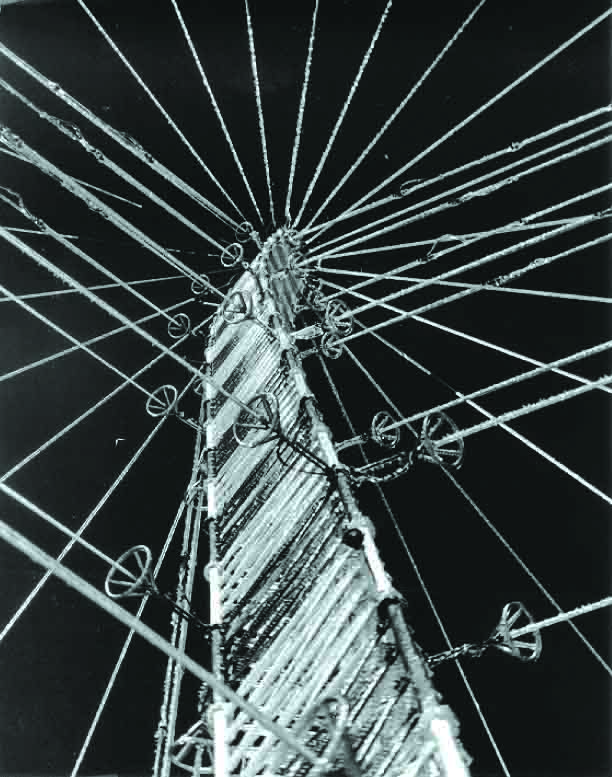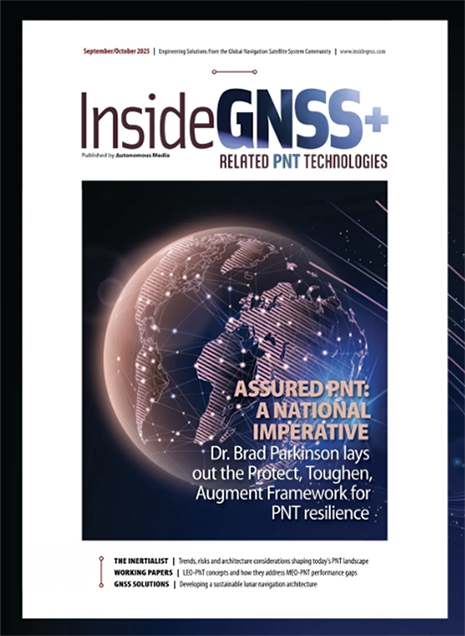EC Liberates Galileo ICD Signal Specification
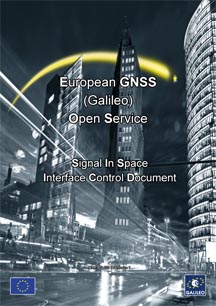
Today’s (April 13) release of an updated “Galileo Open Service Signal-In-Space Interface Control Document” (OS SIS ICD) freed the key specification document in two senses of the word: receiver manufacturers, application developers and service providers may now use the ICD as an official — not draft — guide to their work, and they may do so at no cost
The t’s have been crossed and the i’s dotted to the satisfaction of lawyers and politicians — and the relief of designers and system integrators eager to begin work on Galileo-capable products without fear of having substantive changes in the specifications and legal or financial difficulties for moving ahead.
By Inside GNSS



